In and around the classroom
Every day Matters
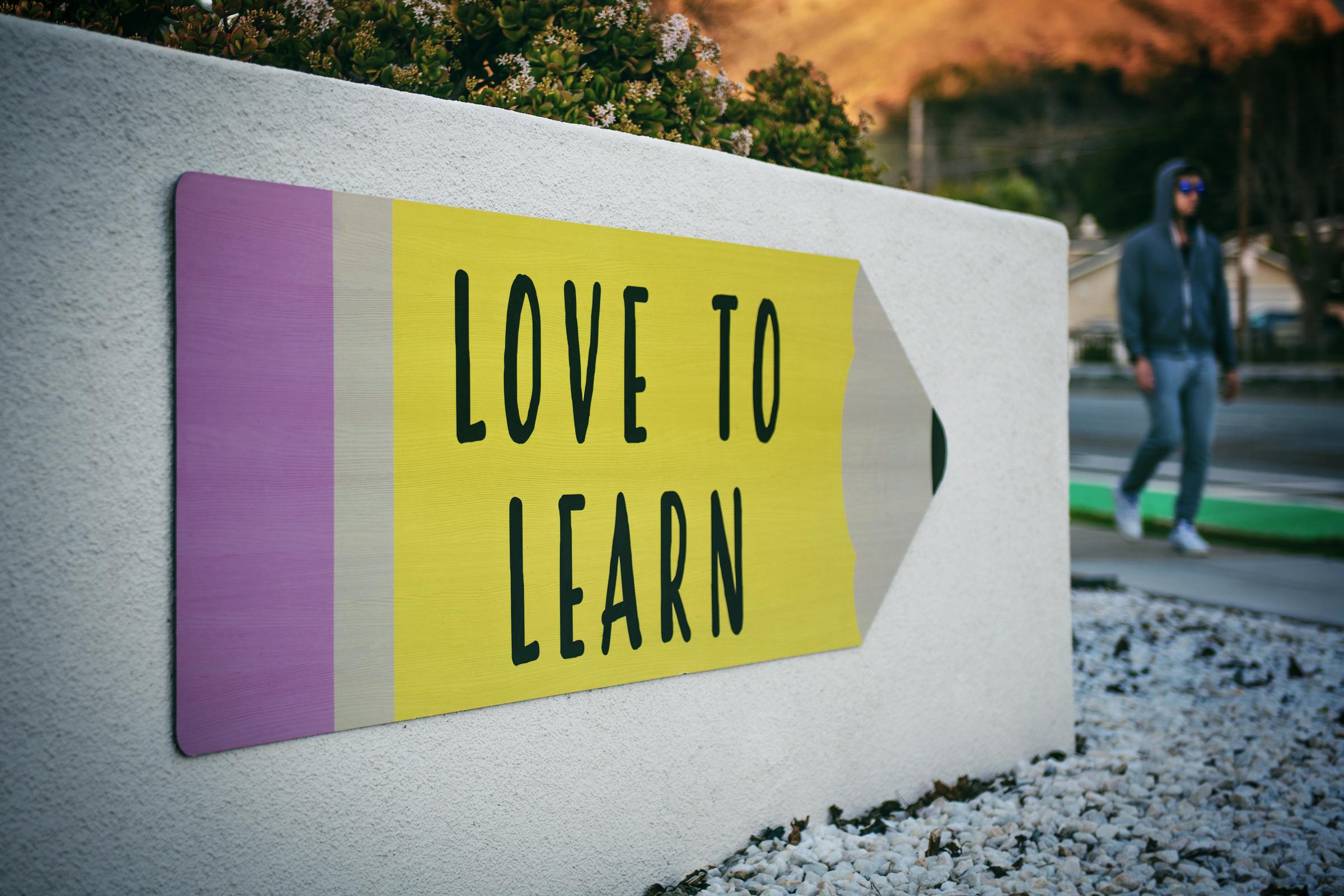
In and around the classroom
Every day Matters
On the evening of the 15th of June, the debate team was ready to compete in Round 4. This round was a secret topic where we wouldn’t know what we had to argue until an hour before the debate begins. We were chosen to be on the Negative Team, meaning we are against the given statement.


The day of the Debate was June 15th, we entered Bayside College with a need to win. After every team had arrived by 7:00pm they revealed to us the topic for this debate. We were prepared for anything, readying ourselves to jump into out assigned planning room to begin work. Our statement for this debate was “Should Australia intervene if China were to invade Taiwan”. This was a much more political and specific topic than we were expecting; spewing we didn’t choose the similar theme Amy (the coach) gave to us as an option to practice. Once we entered the planning room, we went to brainstorming anything we could for our side of the debate. Luckily, Maryam had been hearing about this topic and similar events on the news and carried us with the information she provided. Alex, the ruler of rebuttal was ready to counter any statements made by the other team, and Emily strategically organised our points.
After the hour we had to prepare, we stepped into the debating room nervous yet ready to debate. Those nerves would only continue to build as the adjudicator we were assigned were unfortunately lost, giving us extra time to refine our statements. Our speaking roles were Emily on first speaker, Maryam as second speaker and Alex on third. Once the adjudicator arrived, it was time to debate!
Each of the speakers from both HSSC and Werribee spoke valiantly, rebutted smartly and each of the points made were carefully crafted. However, there could only be one winning team…
Which was Homestead Senior Secondary College!
Our points were strong, our presentation was clear and our rebuttals were effective which all lead to our ultimate victory!
Our current Area of Study 3 covers the topic of civil liability and on Wednesday the 25th of May, the Year 11 Legal Studies class had a court incursion to further assist us with our understanding of the legal system. The experience was originally organised to be an excursion, however, due to COVID-19 restrictions, all excursions had to be relocated online via a digital campaign.
The hour session consisted of a zoom call with four members associated with the Supreme Court - Court of Appeal. The first two members of the legal education team introduced were Kerry and Christina whose tasks are to guide different schools to the Supreme Court of Melbourne and elucidate its proceedings and conduction.
Due to the online migration, Kerry and Christina’s job hasn’t been as active and so, resorted to acquainting the students to other members of the Court of Appeal. Christina gave students a quick overview on what would happen in the session and outlined the expectations. With respect, excitement and representation of Homestead, we greeted the judge who we’d waited so long to see.
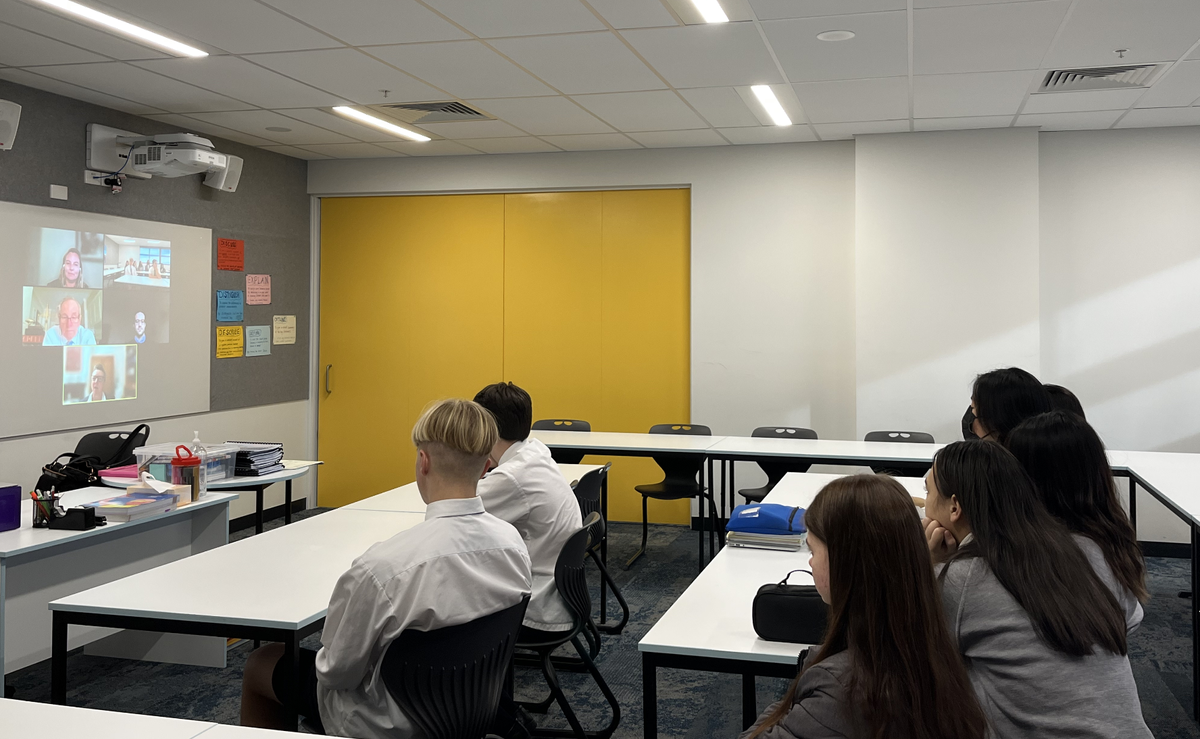

Justice Kristen Walker, of the Supreme Court - Court of Appeal, the almighty, the celestial, the divine-or what you will. Through the experienced lenses of Your Honour, our class was illuminated and given insight into many perplexing areas of the civil justice system. We also met Chris, Justice Walker’s Associated and right-hand man. As a Judges’ Associate, Chris provides assistance as needed on cases and handles documents, evidence and files when in court. He was also able to enlighten us of his journey to reaching his role and his opinions and thoughts on VCE Legal Studies himself.
Our class had looked forward to our meeting with Your Honour for quite a while and overall, enjoyed the opportunity to spend our time with the legal team of the Court of Appeal and were given insight on the wonders of the courtroom.
-Breanna Lu and Leo Wei (Year 11)
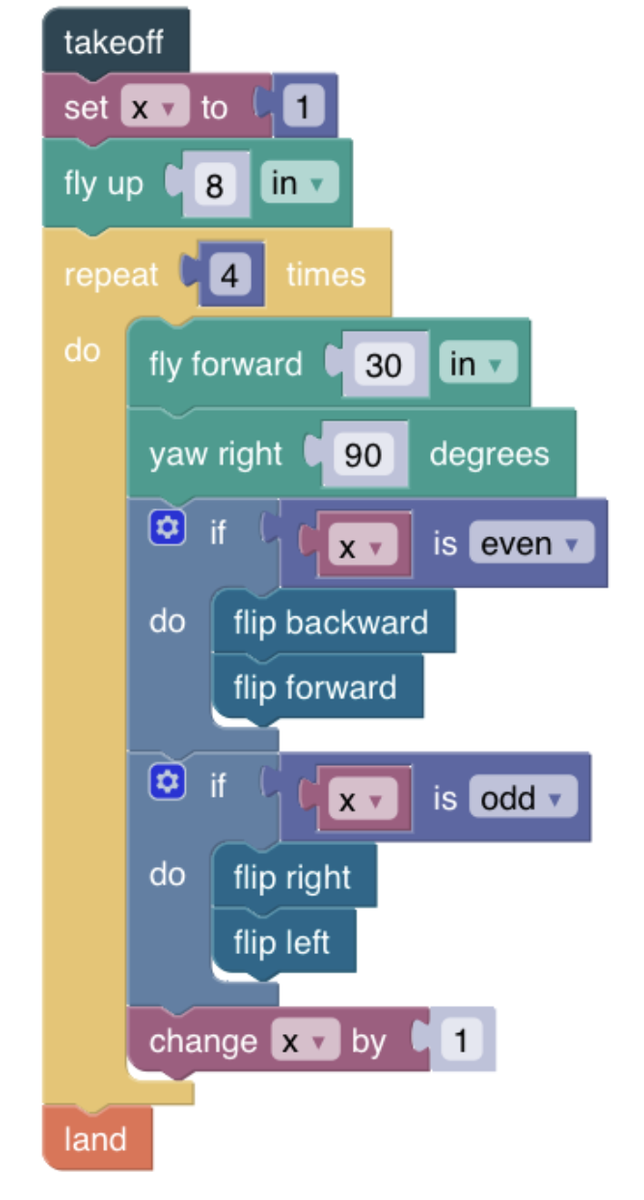

Drones are not only a fun and engaging tool, but the applications in DigiTech/STEM education are proving to be extensive and inclusive. In the year 10 Digital Technology "Innovative Solution" unit, groups of students selected to explore the applications and uses of drone technology in everyday life. This was extremely beneficial to students with diverse learning styles as it helps them explore math, science and computational thinking through fun and practical applications. Students are learning Block, Python, and JavaScript coding by executing their code on small indoor friendly Tello drones that will fly autonomously.
-Magdi Ghobrial
This semester in IT, the Year 10’s had to analyse, design, develop and evaluate an innovative solution to identify a need or opportunity involving a digital system. For the outcome, it could have been from a range of topics: drones, game development, virtual reality and any other innovation. My group members Aman Berberovic, Bhoravi Gumber, Bhumika and I created a prototype for a product which could be implemented on a larger scale. We called this product MarineBot, and it’s designed to minimise the amount of plastic waste accumulating in the ocean.
This idea was developed by one of my group members, Aman, from a previous idea created in 2020. The key points we took from the past project in which we wanted to implement into our current and updated project was: the use of a bacterial enzyme (Ideonella Sakaiensis) capable of breaking down and consuming plastics. This idea was developed over a 4 week period starting from Week 4 to the end of Week 7. It took extensive thinking and planning to create something which was realistic from a business perspective as well as the obtainability, cost and quality of materials.
We used the 3D design software, TinkerCad to start designing and putting forward possible schemes for this project. We created two different files with two completely different designs over two weeks to start negotiating which parts seemed aesthetically pleasing and feasible. Our first initial prototype which outlined the most basic details and our second prototype (Figure 1.1) was the one we ended up choosing to be our final piece. Due to how small our prototype was going to be printed and the time constraints given, the ideas which were too difficult to print were displayed on another document (Figure 1.2), to outline what “would have” been printed. This contains: the circuit board, plastic compressor, vacuums, fuel cells and bacterial storage system.
Our finished product (Figure 1.3) was a 3D printed prototype (in a smaller scale) which showed the propellers, rubber float, and box compartment. As this was our first time printing, the propellers were not exactly printed like the image due to a slight complication in the process. Nonetheless, our design is versatile and informational to display a future innovation to help clean our marine environment and sustain a healthy ecosystem for our animals.
-Lily Joveski (Year 10)

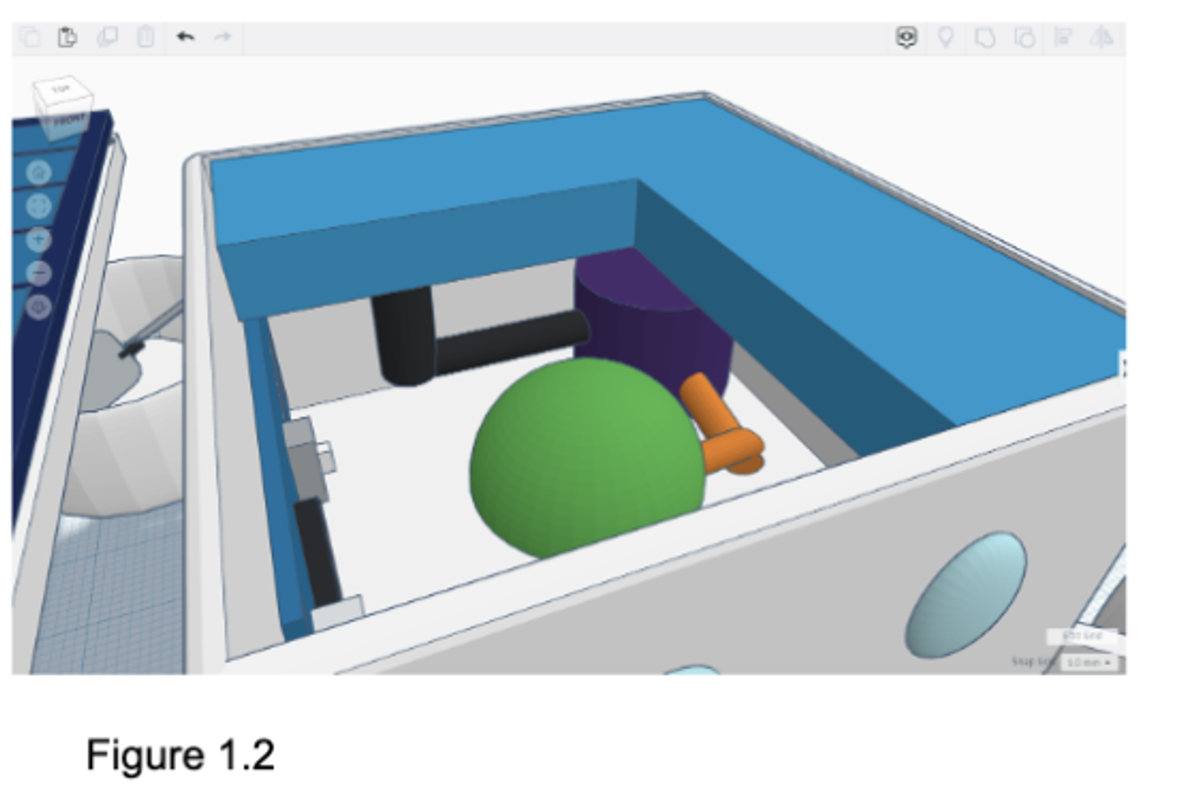
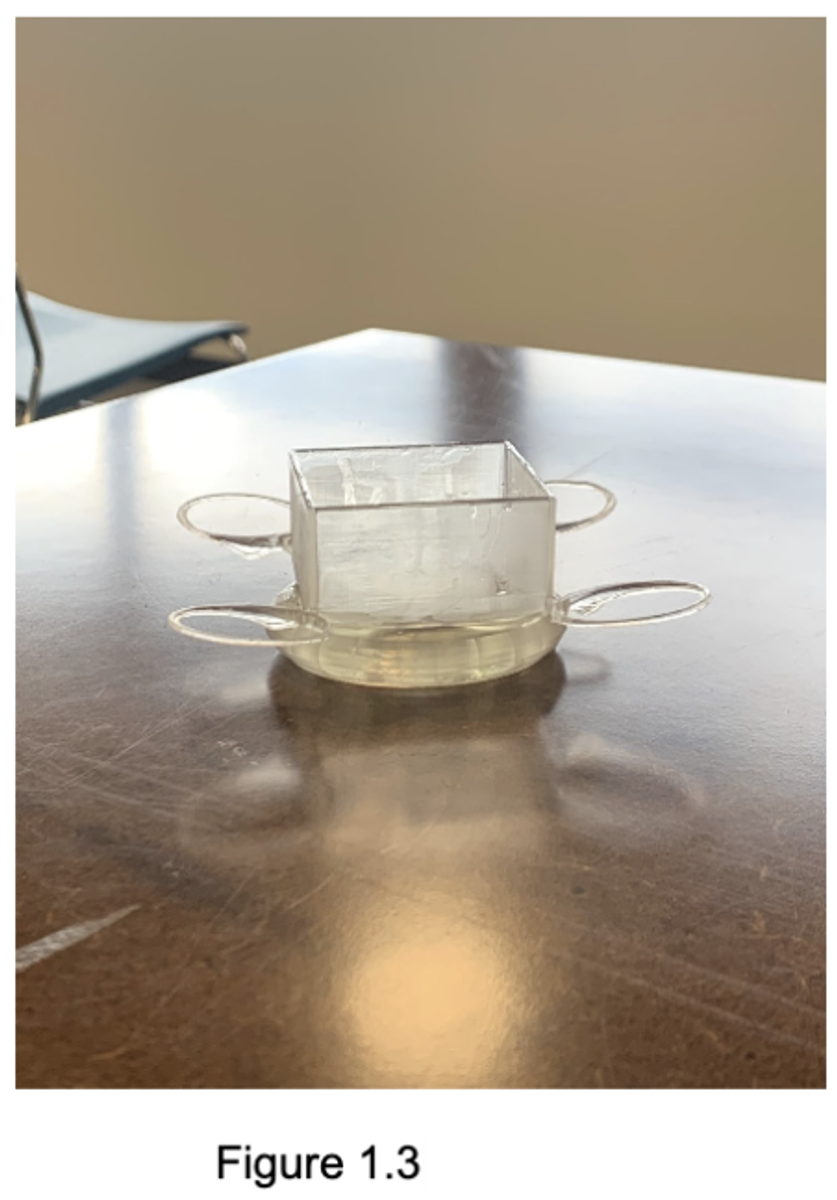



On the 9th of June 2022, the two Year 12 Chemistry classes met up at Williams Landing Train Station and caught a train to Flinders Street Station and then a tram to the University of Melbourne Parkville campus to participate in an organic analysis workshop.
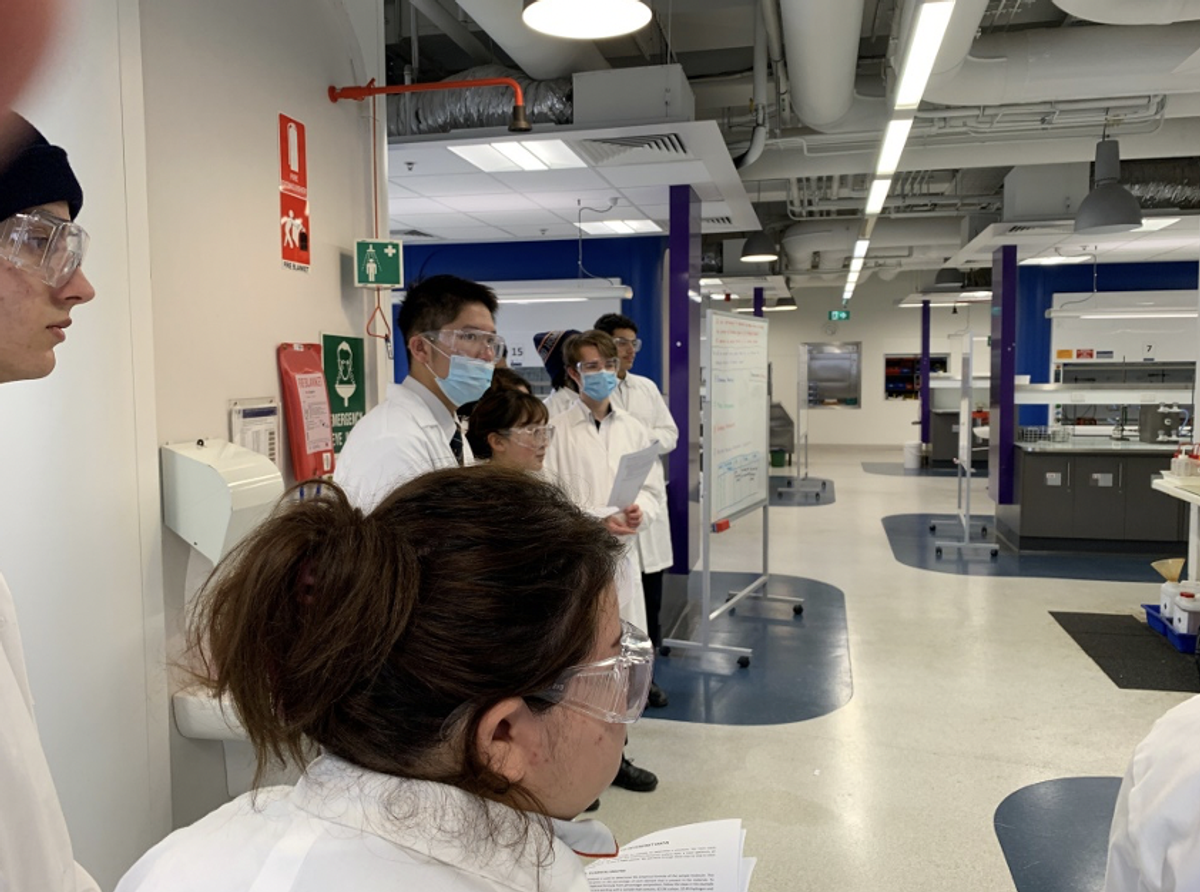

During the workshop we were handed a booklet that explained several different methods to identify the chemical structures of unknown substances. After going through the booklet with the workshop presenter, we all went upstairs to the lab to use these methods ourselves. The methods we used were Mass Spectroscopy, Infrared Spectroscopy, 13C NMR Spectroscopy and 1H NMR Spectroscopy. By using all these methods in conjunction with each other we were able to figure out certain features of the unknown chemical like its valence electrons, molar mass, composition, and the types of bonds present, and ultimately determine what the unknown chemical was.
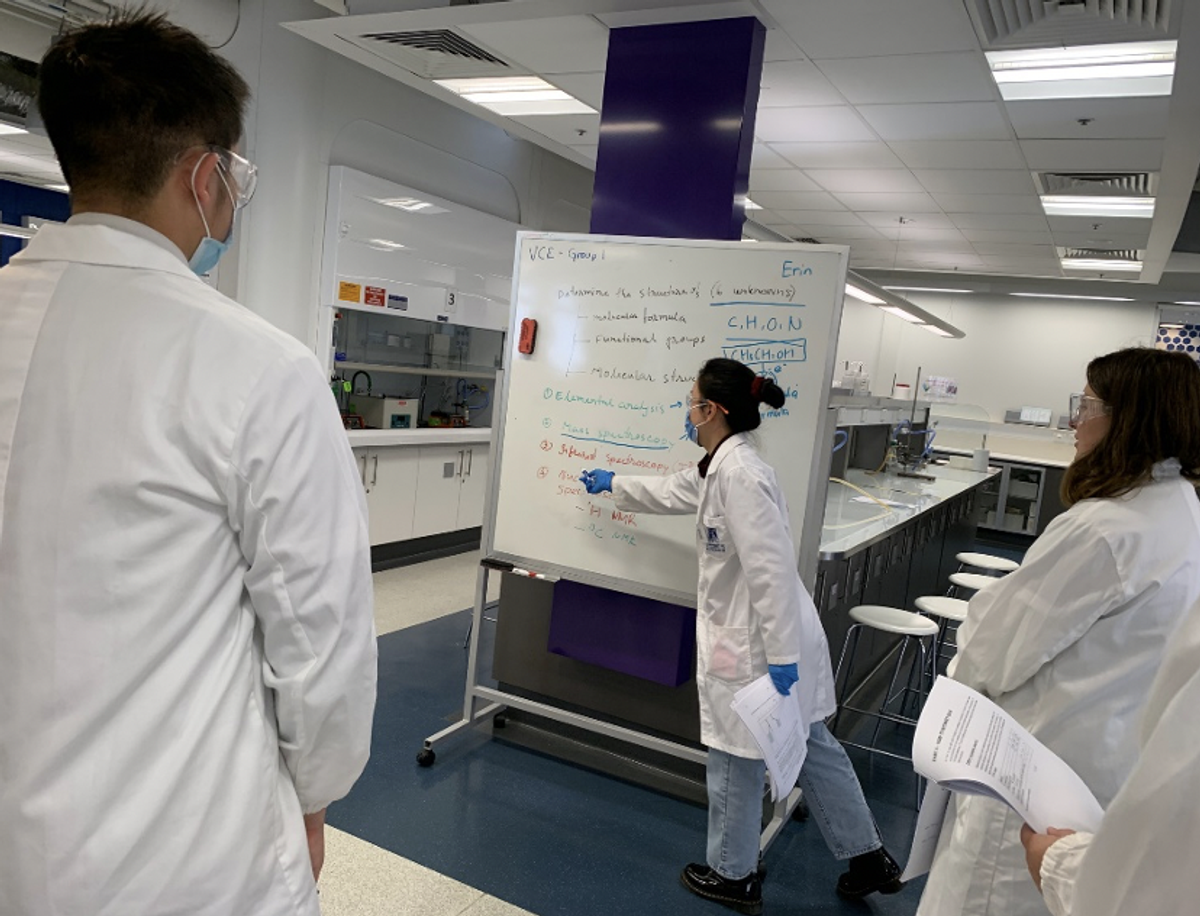

The excursion was a worthwhile experience. Getting to walk around the campus and see all the awesome (and expensive) equipment they have there gave me a good insight into what life on campus would be like if I was to study chemistry there. The students and professors at the university were all very friendly and helped to answer any questions we might have had.
For any future Year 12’s taking chemistry, if this excursion is offered, go on it! It was a fun and worthwhile experience.
-Mitchell Adams-Alcock, Year 12
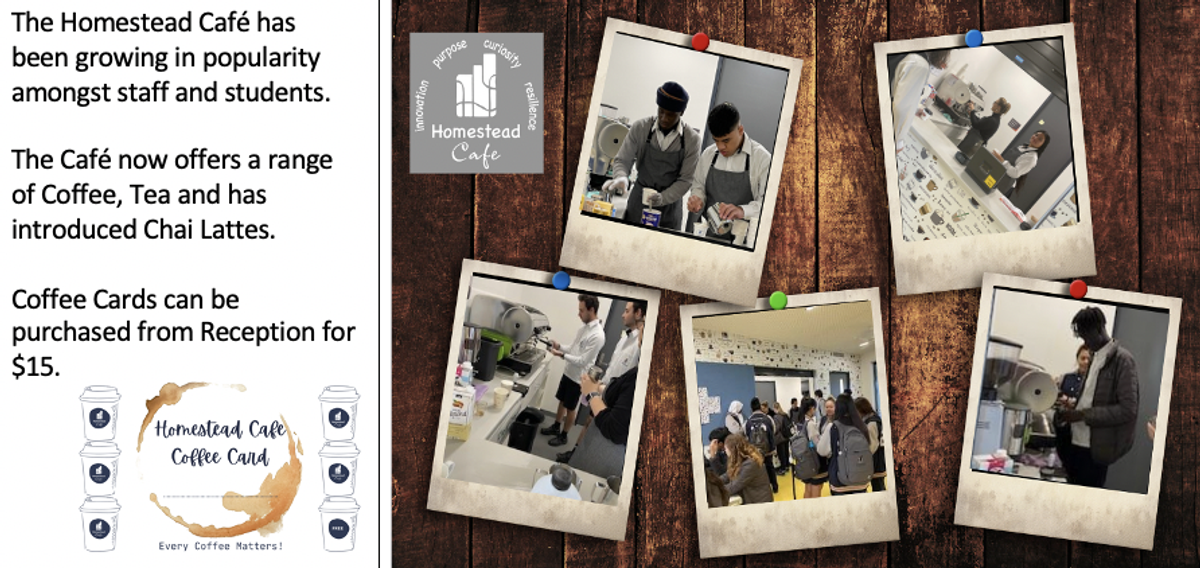

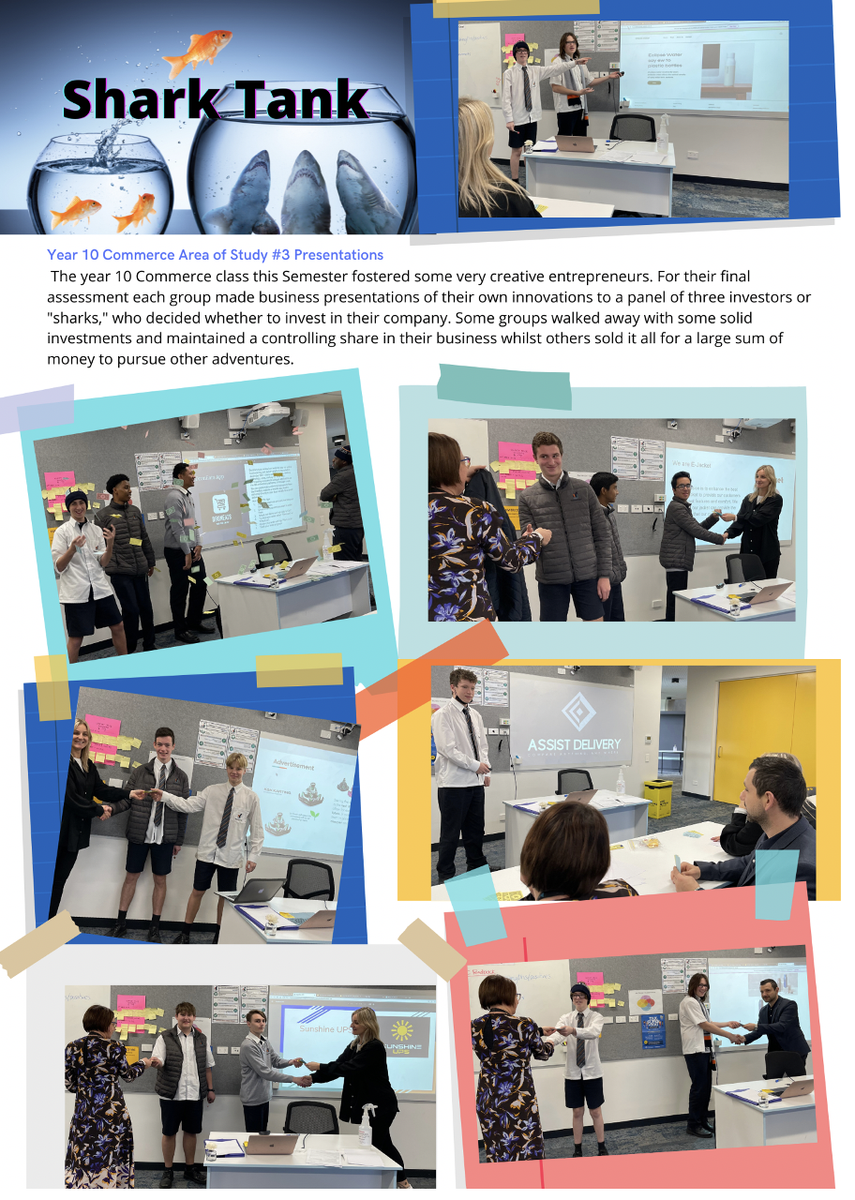

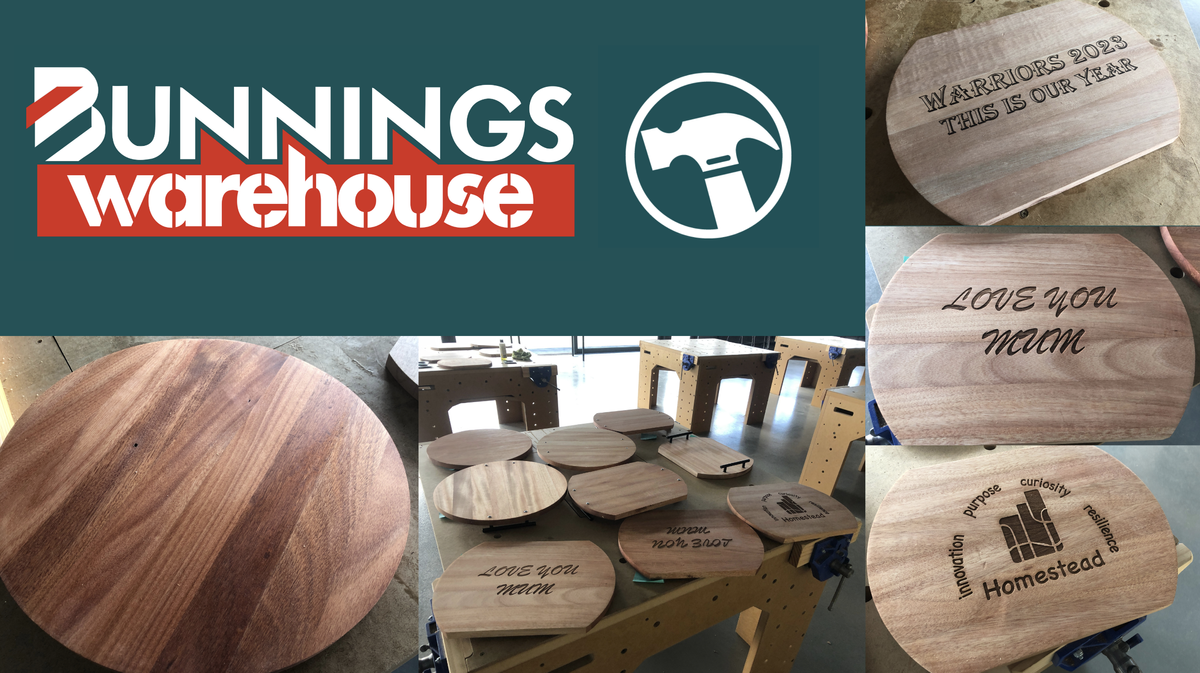

On Tuesday the June 22, Intermediate and Senior VCAL received a visit from Hoppers Crossing Bunnings. Bunnings sent an offer out to come visit the college to help the VCAL students put together cheeseboards either with handles or with a spinning base that the students could either gift or use themselves. The students were able to be hands on with the project, putting the cheeseboards together, sanding them, oiling them and then to put the cherry on top, could use the laser cutter to engrave their own designs on the front. All students had a great time and were able to take their creations home. A big thanks to Hoppers Crossing Bunnings for such an amazing day. The day was such a success that Bunnings have asked to come back in August to work with the students in preparation for Father’s Day creating toolboxes, as well as a separate project to help an aged care facility create bench seats. Stay tuned for an exciting term 3!